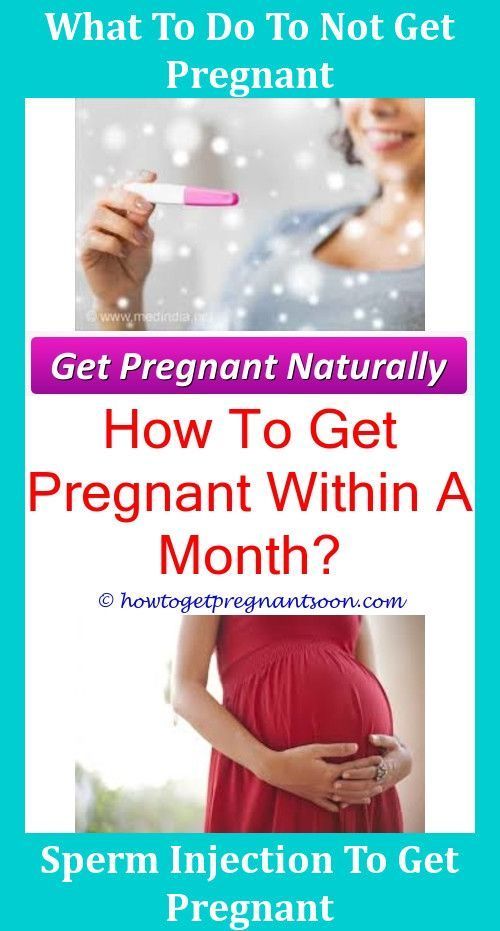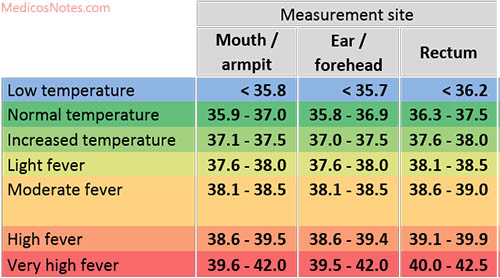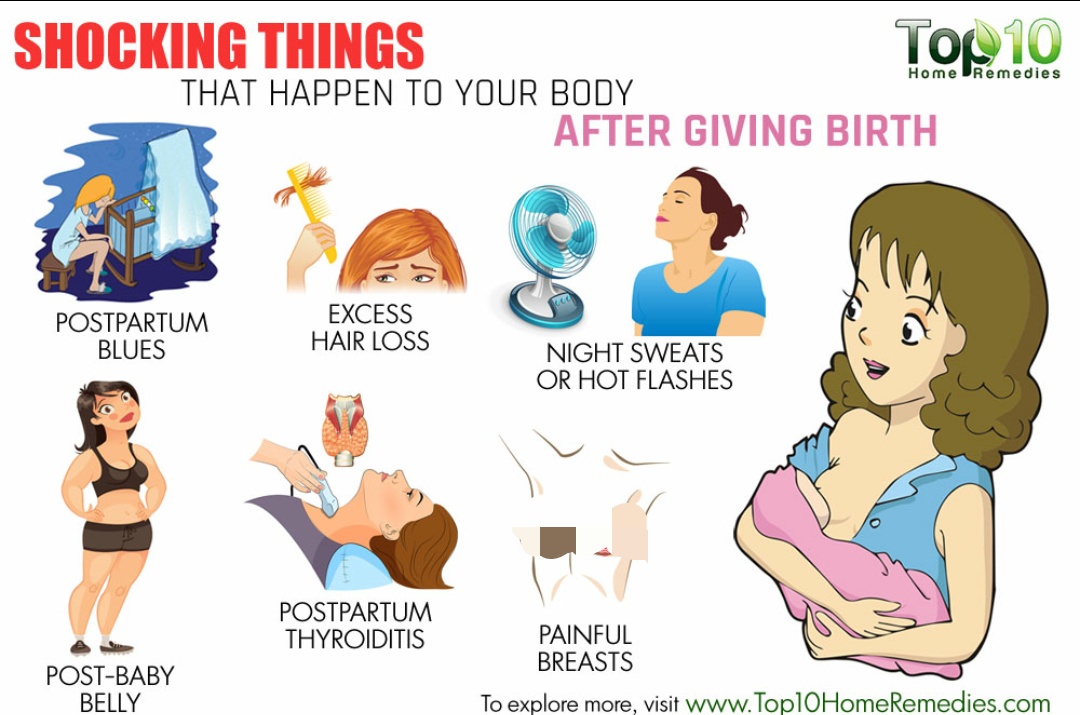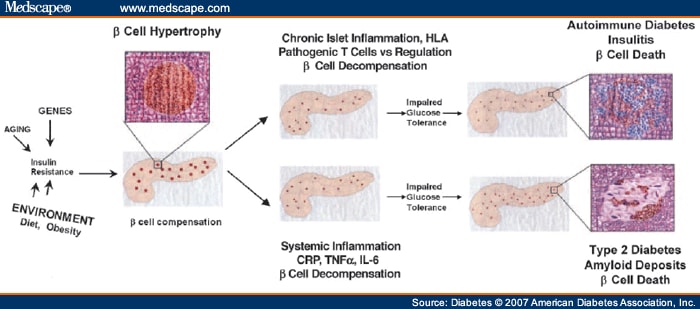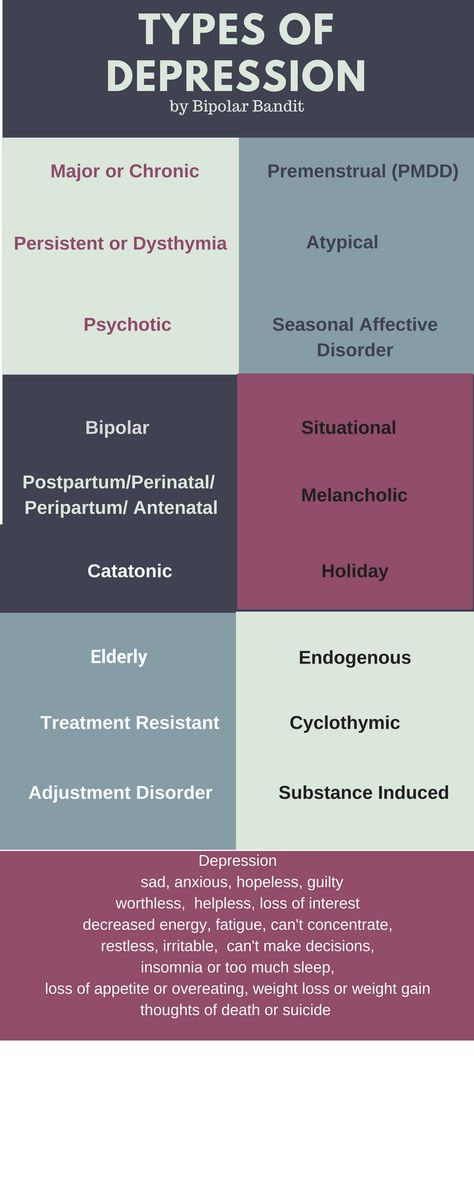Ways to increase chance of getting pregnant
How to increase your chances of getting pregnant
If you’re trying for a baby or thinking about it, you’re probably feeling a lot of excitement and anticipation. And rightly so! But as you may know, getting pregnant isn’t just a matter of having sex.
For starters, timing is everything when it comes to conception. The good news is there are a few things you can do to make sure you’re timing sex just right. And the even better news is there are additional techniques you can use to further improve your chances of getting pregnant.
Whether you’ve been trying to get pregnant for a few months or you’re getting started soon, we’re here to help. Below, we explain what you should know about your odds of getting pregnant, and key tips for increasing them through timing, technique and more.
What are your chances of getting pregnant every month?
Generally, a woman who’s trying to get pregnant has between a 15% and 25% chance of doing so each month. Despite those odds, most couples conceive within the first year of trying.
Whether you will conceive depends on several factors such as your overall health, age, your and your partner’s fertility, and having sex at the right time during your cycle.
Ways to increase chances of getting pregnant
1. Start tracking your menstrual cycle (if you haven’t already)
Each new menstrual cycle is marked by the first day of your period. And tracking your cycle – along with any daily symptoms you’re experiencing – can be incredibly helpful. Why?
Tracking your cycle helps you get to know your body better, including how long your cycle is. The length of your cycle is what determines your fertile window, which we’ll get to in the next section.
Tracking the symptoms you experience such as changes in sex drive, mood or cervical mucus can help you identify patterns throughout your cycle, including what you typically experience leading up to your most fertile days.
How do you get started? When your next period arrives, start tracking since that is Day 1 of your cycle.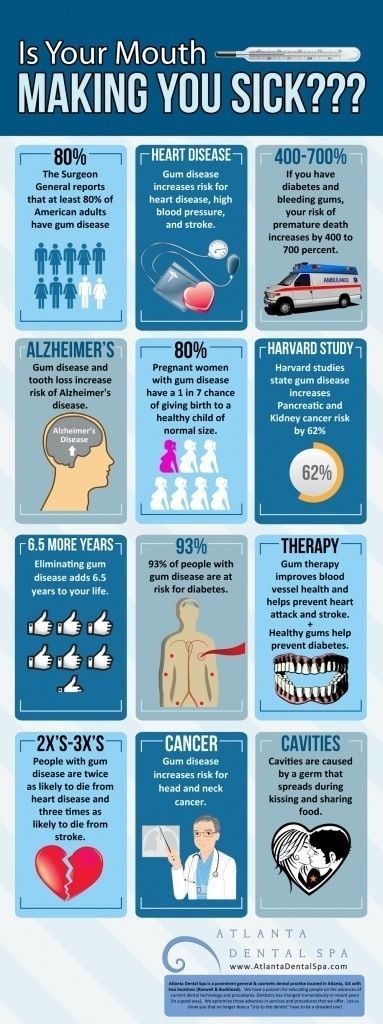 You can keep a journal and write things down, or you can use mobile apps such as Fertility Friend and Clue.
You can keep a journal and write things down, or you can use mobile apps such as Fertility Friend and Clue.
2. Identify your fertile window and start tracking ovulation
Your fertile window usually occurs mid-cycle and is when you have the highest chance of getting pregnant. During this window, ovulation – when an egg is released from an ovary – occurs. Once this happens, conception (or egg fertilization) is possible.
Tracking your cycle helps set you up for success by narrowing down your fertile window. But the next step to further improve your chances of getting pregnant is identifying when you’re ovulating. Since conception can’t happen until an egg is released, knowing your ovulation window helps you better time sex.
From monitoring your cervical mucus and basal body temperature, to ovulation predictor kits, there are several methods to help figure out your most fertile days.
3. Have frequent sex during your fertile window
One of the most common questions among people trying to conceive is: How often should I have sex if I’m trying to get pregnant?
The short answer is that it depends on your preferences as a couple, and whether there are any known fertility issues.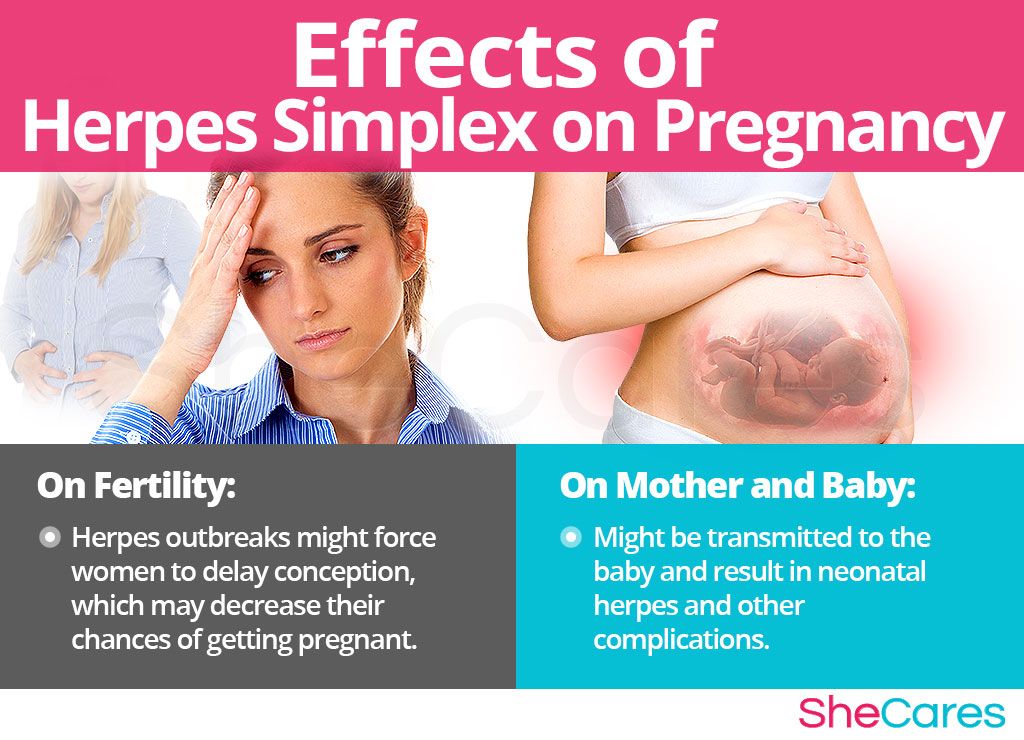
Overall, studies have shown that couples who have sex every day or every other day during the fertile window have the highest rates of pregnancy. Also, doctors often recommend sticking to just once a day during the fertile window.
If having sex every day or every other day isn’t possible or enjoyable, set a goal to have sex throughout your cycle. This can get you and your partner into a regular sex routine, which can carry you into the fertile window.
Is morning or evening sex better when you’re trying to conceive?
Morning may be the best time to have sex for conception, at least as far as sperm are concerned. Some studies have suggested that sperm count and quality are slightly higher early in the morning, which may mean better odds of conception if they’re deposited right after a good night’s sleep.
However, there isn’t a clear medical consensus, so if you and your partner are in the mood, you shouldn’t let the time of day stop you.
Are there certain positions that can increase your chances of getting pregnant?
There’s no scientific evidence to support the idea that a specific position can increase the odds of conception. However, positions that allow for deeper penetration, such as where the male partner is on top, may help deposit sperm closer to the uterus.
However, positions that allow for deeper penetration, such as where the male partner is on top, may help deposit sperm closer to the uterus.
4. Lay down and relax for a few minutes after sex
Standing up or going to the bathroom after sex may pull sperm away from their destination. So, lying on your back for 15 minutes or so after sex may help keep sperm moving in the right direction.
5. Make sure you’re using a fertility-friendly lubricant
The kind of lubricant you use during sex can actually make conception more difficult, so much so that the Food and Drug Administration now categorizes certain lubricants as “fertility friendly”.
This is because the ingredients in many lubricants, such as petroleum, silicone, parabens and glycerin, can harm sperm function. A lubricant’s pH (how acidic or alkaline it is) can also have an effect.
Lubricants to avoid when trying to conceive
- K-Y Jelly
- Astroglide
- Aquagel
Lubricants to consider when trying to conceive
- Pre-Seed
- BioGenesis
- JO Actively Trying
6.
 Strive for a healthy lifestyle for you and your partner
Strive for a healthy lifestyle for you and your partner Getting pregnant isn’t only about timing and technique. Improving your health can help increase your odds of becoming pregnant and set you up for a healthy pregnancy. And that goes for your partner, too.
Healthy lifestyle habits you’ll benefit from before (and after) you conceive include:
- Taking a prenatal vitamin that’s high in folic acid can help with embryo development and reduce the chance of birth defects.
- As for your partner, they can take a male fertility supplement without testosterone additives. Or they can take a daily multivitamin plus a Coenzyme Q-10 vitamin.
- Making good food choices such as eating a balanced diet of proteins, unsaturated fats and complex carbs, can help make your body an ideal environment for a healthy pregnancy – and may help increase your partner’s sperm production.
- Getting active can reduce stress and condition your body, two things that are helpful for every stage of your pregnancy journey.

- Exercise is important for male fertility, too. But activity should be moderate. Intense exercise, and cycling in particular, may reduce sperm count rather than increase it.
- Men should also avoid exposing their testicles to excessive heat, such as from a hot tub, sauna, steam bath or tight clothing.
- Limiting alcohol consumption before you conceive is important because alcohol can interfere with the first few weeks of pregnancy, when your baby’s organs are developing. Limiting alcohol can also benefit higher sperm production.
- Quitting smoking before pregnancy can positively affect both your odds of conception and the health of your pregnancy. That’s because smoking has been repeatedly linked to a variety of health- and fertility-related issues in both men and women.
- Reducing your stress level may be easier said than done, but it can have a serious payoff. Effectively managing stress can benefit not just your fertility and your pregnancy, but many other aspects of your life as well.
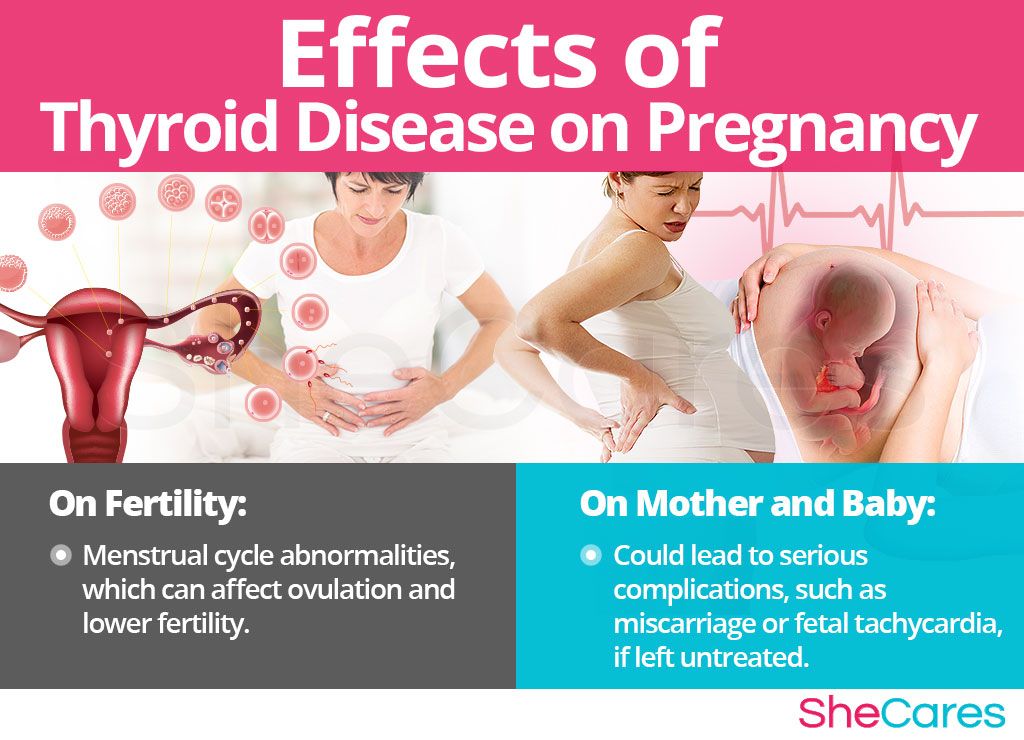
Take a peek at our full preconception checklist to set yourself up for success.
7. Schedule a checkup
Scheduling a preconception checkup with your family doctor, OB-GYN or midwife is an important step. A preconception visit is similar to an annual physical but includes additional care focused on family planning and pregnancy.
In particular, a preconception checkup can help identify any health issues that may affect your chances of conception or having a healthy pregnancy.
Your preconception checkup may include things like a physical exam, and a review of your health and reproductive history such as immunizations you’ve received, past pregnancies and current medications. Blood and imaging tests may also be done. This visit is also an opportunity to voice any questions or concerns you may have.
You and your partner should each schedule appointments for yourselves so that you know everything you can when you start trying to conceive.
Start with almost-baby steps
The more information you have on your side, the more you can increase your chances of conceiving quickly.
Understanding your cycle and then pinpointing your most fertile days are the big ones for being able to time your baby-making sessions. But don’t forget to use simple techniques and tools like taking it easy for a few minutes after sex and using the right lubricant.
And of course, don’t neglect your health. Beyond taking steps to keep your mind and body healthy, get in for a visit with your doctor or clinician. They will not only check in on your health, but they can also give you tailored advice to help improve your chances of getting pregnant.
7 Easy Tips To Conceive Quickly
Written by Denise Mann
You are ready to get pregnant. Now. Once you are ready to start a family, waiting is the last thing you want to do.
Although Mother Nature has a hand in the timing, there are some things you can do -- or not do -- to help increase your chances of getting pregnant ASAP. Read on for seven expert-approved tips for getting pregnant.
1.Get a preconception checkup.
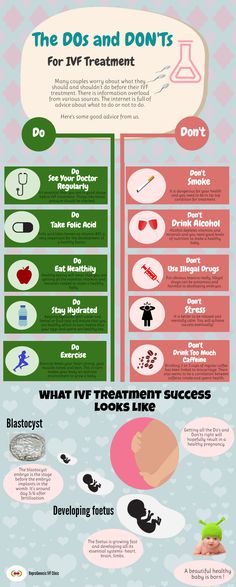
Before you officially start trying, get a checkup. Ask your doctor about prenatal vitamins that have folic acid, which helps protect against some birth defects, such as spina bifida. Folic acid works during the early stages of pregnancy, so that's why it's important to make sure you're getting enough folic acid even before you get pregnant.
"Do this the cycle before you start trying," says Paula Hillard, MD, a professor of obstetrics and gynecology at Stanford University. "If you have any underlying medical problems, they need to be under control before you can safely become pregnant."
2. Get to know your cycle.
How much do you know about your menstrual cycle? Really understanding helps you know when you're most fertile, says Hillard. Ovulation is the best time to get pregnant. "This is the time to focus on having sex," Hillard says.
It helps to become aware of the signs of ovulation, such as a change in your cervical mucus. It usually becomes thin and slippery when you are most fertile. Some women may also feel a one-sided twinge of pain.
Some women may also feel a one-sided twinge of pain.
Ovulation prediction kits can also help you predict the best time to get pregnant, says James Goldfarb, MD, director of the infertility service at the Cleveland Clinic in Cleveland. Not only can they help assure you that you are ovulating, "if you are having infrequent intercourse, this tells you when to have it to increase your chances of getting pregnant," he says.
Here's how it works: The first day of your menstrual period is considered day one. "Start testing on day nine and keep going until you get a positive," advises Joanne Piscitelli, MD, an associate professor of gynecology at Duke University Medical Center in Durham, N.C. Women with a 28-day cycle tend to ovulate on day 14. But many women have longer or shorter cycles, so casting a wide net can help you be sure.
What if you've been using birth control? Do you need to wait a while before trying to get pregnant? Not really, says Goldfarb. "Years ago, the conventional wisdom was to wait a certain amount of time after stopping birth control to try to get pregnant but that is no longer true.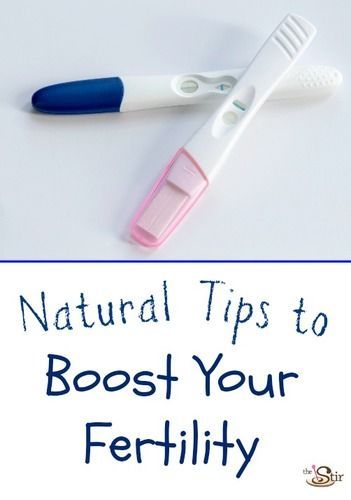 You can start trying to conceive right after you stop birth control," Goldfarb says. The only thing to keep in mind is that you could get pregnant before you get your period, so tracking ovulation may be difficult, and it might be harder to figure out your due date. For this reason, "some people may feel better waiting until they get one period on their own," he says.
You can start trying to conceive right after you stop birth control," Goldfarb says. The only thing to keep in mind is that you could get pregnant before you get your period, so tracking ovulation may be difficult, and it might be harder to figure out your due date. For this reason, "some people may feel better waiting until they get one period on their own," he says.
3. Don't worry about the best positions for getting pregnant.
Myths abound about the best positions for getting pregnant, but they are just that -- myths. There is really no scientific evidence saying that the missionary position is better than the woman being on top when it comes to maximizing your chances of making a baby.
"Very rarely, a woman's cervix is in an unusual position where certain positions can make a difference," Goldfarb tells WebMD.
Certain gravity-defying positions, such as sitting or standing during intercourse, however, may discourage sperm from traveling upstream. "It's a matter of gravity [and] you don't want all the semen to run out -- and semen are quick little critters," Hillard says.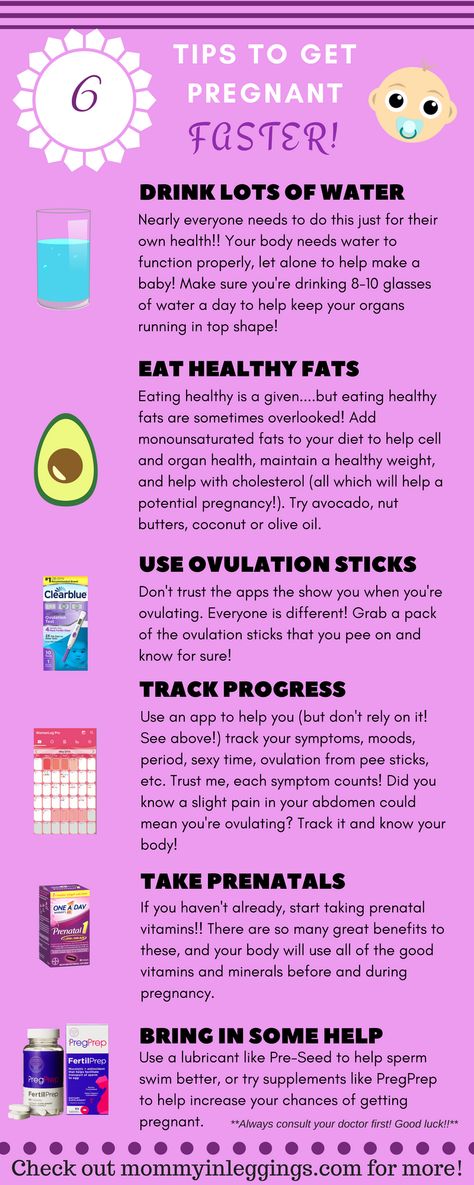
4. Stay in bed right after intercourse.
You have probably heard this one -- lie in bed with your feet in the air after having sex to increase your chances of getting pregnant. The verdict? Not (totally) true.
"It's good advice to lay in bed for 10 to 15 minutes after intercourse, but you don't need your feet in the air," Goldfarb says. "Your pelvis does not move when you put your legs in the air." Don't go the bathroom during this time either, he says. "If you wait 10 to 15 minutes, the sperm that is going to get into the cervix will be in the cervix."
5. Don't overdo it.
Having sex every day even during ovulation will not necessarily increase your chances of getting pregnant. "In general, every other night around the time of ovulation helps increase your chance of getting pregnant," Goldfarb says. Sperm can live up to 5 days inside your body. The best suggestion is to have sex regularly -- when you're ovulating, and when you're not.
Speaking of sperm, "wearing tight-fitting clothing can negatively affect sperm count," Piscitelli says.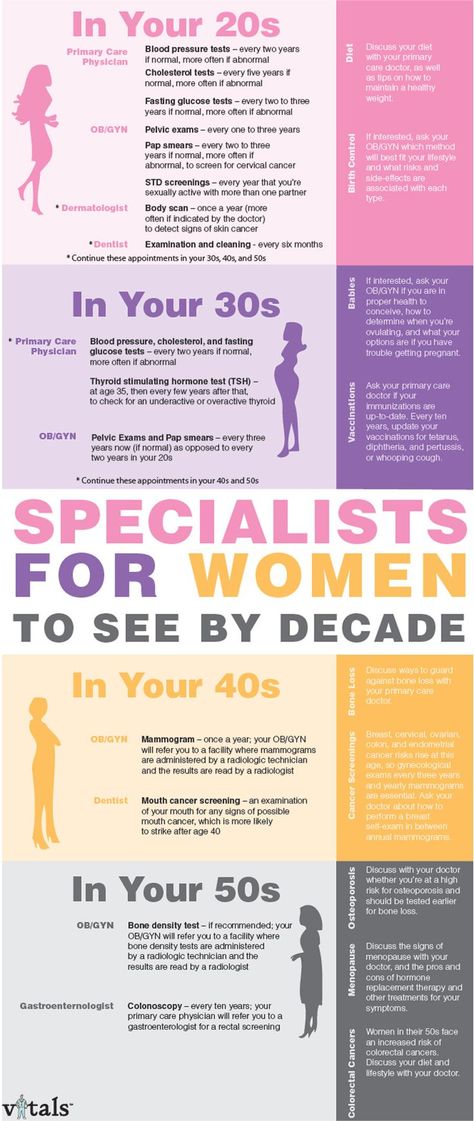 So too can spending time in hot tub or Jacuzzi. Your man's cell phone habits may also also need some work. A study in the journal Fertility and Sterility showed that men who used a hands-free device with a cell phone and kept their phone close to their testicles had poorer sperm quality.
So too can spending time in hot tub or Jacuzzi. Your man's cell phone habits may also also need some work. A study in the journal Fertility and Sterility showed that men who used a hands-free device with a cell phone and kept their phone close to their testicles had poorer sperm quality.
They might need to pass on the edamame and other soy foods for a while, too. Men who eat a lot of soy foods may have a lower sperm concentration than men who don't eat soy foods, according to a study published online in Human Reproduction.
6. De-stress any way you can.
Try not to get stressed out about starting a family. You may roll your eyes if someone says, "Just relax and it will happen," but stress can actually interfere with ovulation. So the more relaxed you are, the better!
Whatever helps you de-stress is fine, as long as it's healthy. "There is some evidence that acupuncture can help reduce stress and increase your chances of becoming pregnant," Goldfarb says. And although drinking too much alcohol when trying to get pregnant isn't smart, a glass of wine won't hurt.
And although drinking too much alcohol when trying to get pregnant isn't smart, a glass of wine won't hurt.
7. Live a healthy life.
Exercising is a healthy habit -- especially if it helps keep you at your ideal weight. Just like anything else, though, you can get too much of a good thing. "Too much exercise can cause you not to ovulate," Goldfarb says.
What's too much? It may be different for different women. If you are a hard-core exerciser and are still getting your period regularly, your exercise regimen is most likely not a problem, he says. But, Goldfarb adds, your menstrual period is not the first thing to go if you are exercising too heavily. "The first thing that happens is that you have a shorter second half of your cycle. You should have a period 14 days after you ovulate, but too much exercise can shorten this phase." This would be the first hint that you need to curtail your fitness regimen. He suggests tracking how long it takes you to get a period after you ovulate as the best way to know for sure.
Goldfarb says the best way to increase your chances of getting pregnant while getting the health benefits of regular exercise is to do moderate exercise -- think brisk walking -- two and a half hours each week (or at least 30 minutes, 5 days a week).
Stop smoking to increase your chances of getting pregnant," Hillard says. Aside from all the other negative health effects of smoking, this nasty habit also decreases fertility. "It affects estrogen levels and ovulation."
And don't worry too much about your day planner. "Eighty-five percent of women will become pregnant within one year of trying," Hillard says.
ways to help conceive and speed up pregnancy
After making the decision to have a baby, many couples expect to babysit him exactly nine months later. But the manifestation of zeal in the implementation of the plan does not always immediately turn into the fulfillment of a dream. Conception does not occur, and disappointment leads to relationship tension.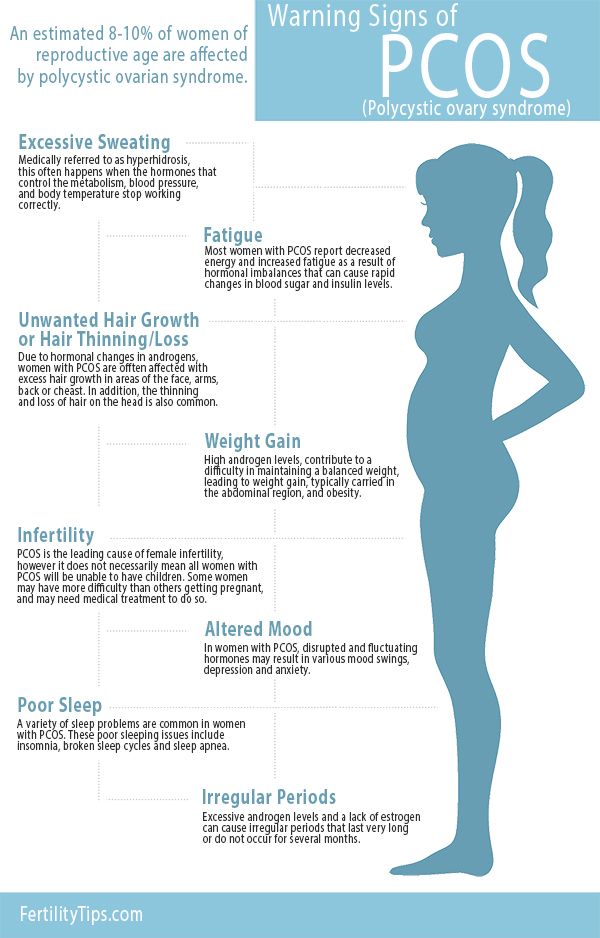 Don't be quick to blame each other. We have prepared several recommendations on how to get pregnant quickly and what to do for this. They will definitely increase your chances!
Don't be quick to blame each other. We have prepared several recommendations on how to get pregnant quickly and what to do for this. They will definitely increase your chances!
Tags:
Health
Women Health
vitamins
Pregnancy
Bad habits
Getty Images
With regular intercourse without contraception, pregnancy should occur within 12 months.
The process of fertilization is complex, and the probability of successful conception in one menstrual cycle does not exceed 25%. At the same time, partners must be young enough and not have health problems. As you can see, getting pregnant quickly the first time is very rare. For the desired moment to come, follow simple rules.
1. Take vitamins to get pregnant sooner
Many girls are interested in what pills exist to get pregnant easily and quickly.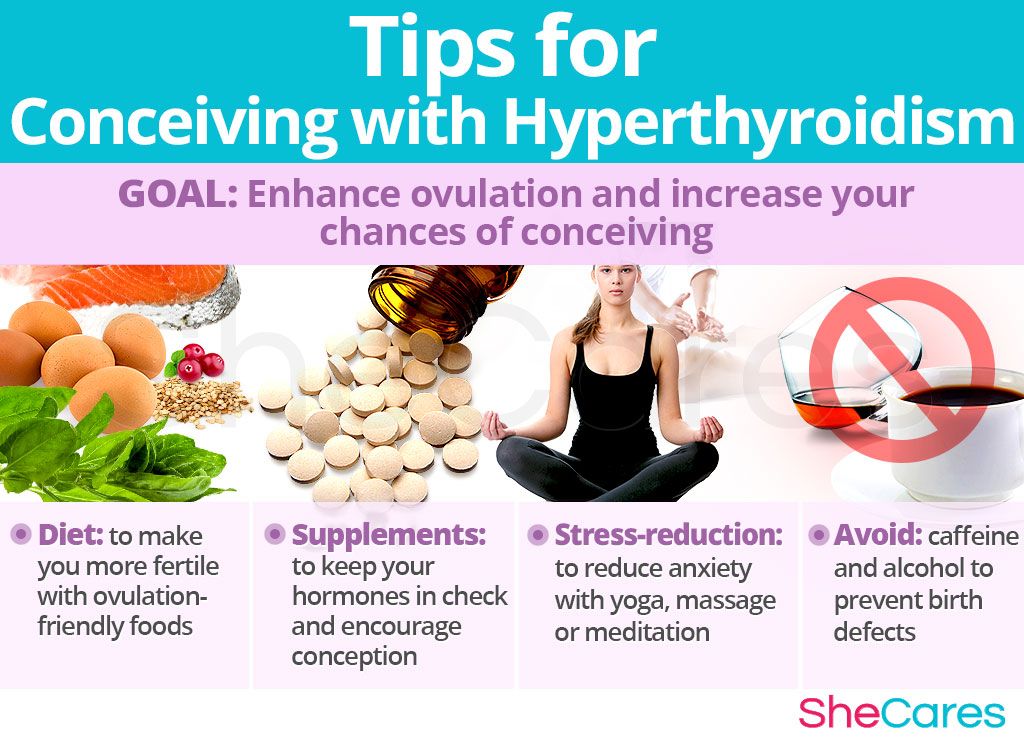 Such drugs to stimulate conception are actually produced today. These are drugs with the active substance progesterone and hCG, as well as follicle-stimulating and luteinizing hormones. They can only be taken with a doctor's prescription.
Such drugs to stimulate conception are actually produced today. These are drugs with the active substance progesterone and hCG, as well as follicle-stimulating and luteinizing hormones. They can only be taken with a doctor's prescription.
ADVERTISING - CONTINUED BELOW
Among the methods that help to get pregnant quickly, there is also the intake of vitamins, which contain both 100 and 160 or more percent of the daily norm of substances needed by the body. Surely you know that they are useful for pregnant women, but also for conception! Especially if your nutrition is far from ideal (and you may not know this at all). In addition, prenatal vitamins help improve the menstrual cycle (if conception took time). And thanks to folic acid, the unborn child will avoid a neural tube defect.
2. Track ovulation
Technically, a girl can quickly become pregnant both a couple of days after her period, as well as before and even with it.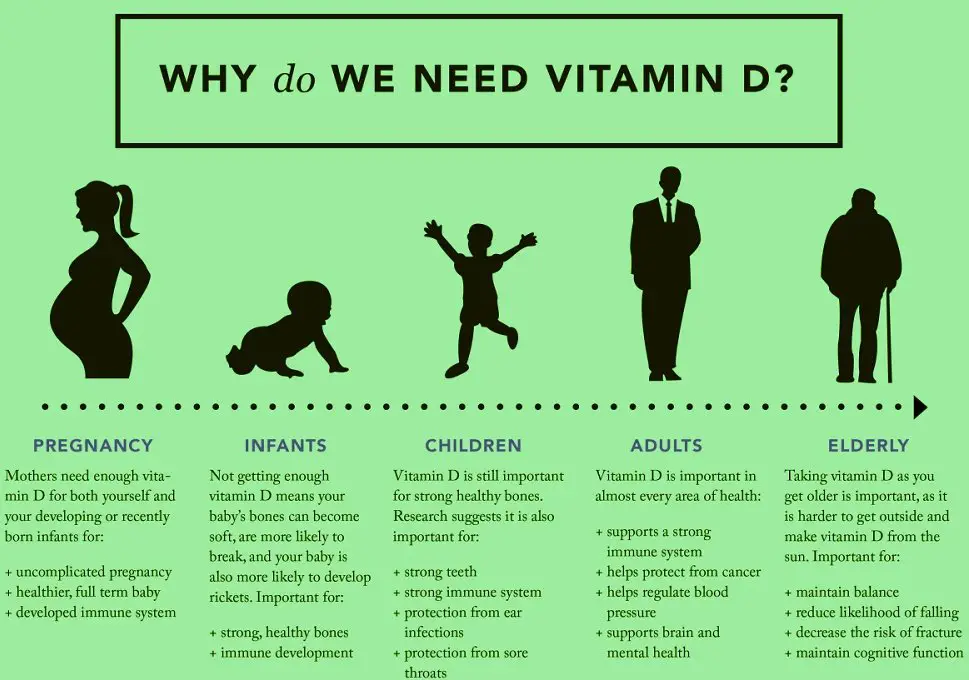 But most often this happens during ovulation, as well as a few days before it. Ovulation usually occurs around the 14th day of the cycle.
But most often this happens during ovulation, as well as a few days before it. Ovulation usually occurs around the 14th day of the cycle.
Getting pregnant quickly and effectively is real, even after the first time, as soon as you start tracking your cycle. So you will be convinced of the presence or absence of ovulation. With modern pharmacy tests, this is not difficult. Knowing special days and choosing the right day for sex is easier.
To quickly get pregnant for the first time, partners often make love as soon as they have a free moment. We have no doubt that this duty is not a burden to them, but the number of sexual acts affects sperm fertility. Doctors believe that 3-4 times a week is enough for the maximum number of active spermatozoa to be synthesized in the semen. With frequent contacts, it liquefies, and with too few contacts, it thickens. And with both options, you are not on the way.
3. Stop using lube to get pregnant
To get pregnant as soon as possible, stop using lube. Sometimes it reduces the speed of spermatozoa, which are in danger of not getting through the viscous substance. You should also avoid showering after sex, as it changes the pH balance in the vagina and affects sperm viability.
Sometimes it reduces the speed of spermatozoa, which are in danger of not getting through the viscous substance. You should also avoid showering after sex, as it changes the pH balance in the vagina and affects sperm viability.
4. Reduce caffeine and alcohol intake
Even on forums, discussions about how to get pregnant quickly often come down to restrictions on this matter. Of course, during pregnancy you will have to reduce their consumption to almost zero, but you should start even before conception. Substances contained in coffee and wine can negatively affect the body and interfere with the "meeting" of the egg and sperm. It is advisable to drink no more than two cups of coffee a day and pay attention to the amount of soda, chocolate and caffeinated energy drinks in the composition. Alcohol can lower blood levels of estrogen.
5. To get pregnant quickly, do not exercise too much
Maintaining a normal weight and excellent physical shape is useful. But if you are looking for ways to get pregnant quickly, you should not train to overwork. If the body decides that there is not enough fat, it can go into energy saving mode and not allow pregnancy at such a difficult time. Switch to daily walks, swimming pool or light exercise.
But if you are looking for ways to get pregnant quickly, you should not train to overwork. If the body decides that there is not enough fat, it can go into energy saving mode and not allow pregnancy at such a difficult time. Switch to daily walks, swimming pool or light exercise.
6. Try not to worry
Often, girls on the same forums are looking for an answer to the question of which pills to start drinking in order to stop being nervous and get pregnant faster. But we insist on trying to tune in to the positive and switch to good emotions. Yes, no one likes such advice, but it is better to follow them if possible. Meditation, fresh air, good movies, favorite books, and other ways to calm down help reduce cortisol levels, which can affect ovulation. Your task is to tune in to the main thing and not be distracted by the secondary.
7. Quit smoking to speed up pregnancy
How can you want to get pregnant quickly if you can't say goodbye to cigarettes! We believe that this is not easy, sometimes the help of professionals is needed to eradicate this bad habit. In any case, it is very useful both for you and for the unborn child. In addition, smoking is associated with an earlier onset of menopause and a rapid decrease in egg supply.
In any case, it is very useful both for you and for the unborn child. In addition, smoking is associated with an earlier onset of menopause and a rapid decrease in egg supply.
8. Get more sleep
To get pregnant faster, you take vitamins, practice the right postures, and count the days. And the body just does not have enough rest. Sleep disturbance can negatively affect ovulation. If your work interferes with sleep, try to change your schedule or at least sleep without interruption whenever possible. Do not drink coffee and do not watch TV at night so that your sleep is stronger and healthier.
In conclusion, we want to remind you of the obvious things that couples often forget due to excessive effort. No matter how much you try out the grandmother's method with those herbal infusions and unravel the secrets of how to get pregnant quickly, it may be different. In the ability not to get hung up on the task at hand. Conception can be hindered by constant thoughts about it and stress from it. This condition activates the stress hormone, which you do not need at all. May such an important event in your life be accomplished with a good emotional mood.
This condition activates the stress hormone, which you do not need at all. May such an important event in your life be accomplished with a good emotional mood.
Photo: Andrea Piacquadio, Anete Lusina: Pexels
Fomina Clinic - a network of multidisciplinary clinics
If pregnancy does not occur within six months of active sexual life, then this is one of the signs of infertility. But don't panic. This does not mean at all that you have infertility, perhaps it is enough for you, for example, to adjust your diet. Second, infertility is treated. Well, you should not immediately cheat yourself on the subject of IVF. Remember, infertility is not the same as IVF.
Infertility is a diagnosis that 10% of women worldwide have to live with: according to statistics, every fourth married couple is infertile. In this article we will talk about what female infertility is, how to live with it and whether it can be overcome.
Female infertility is a diagnosis that is made after a year of unsuccessful attempts to have children, subject to regular sex with a partner without contraception.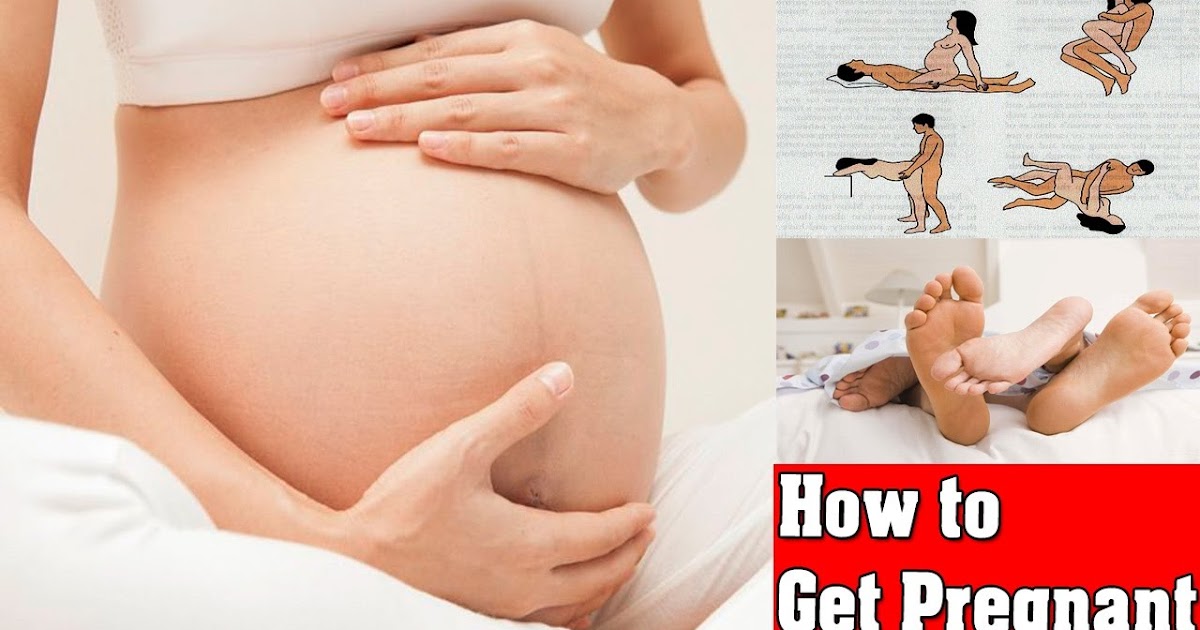 If a woman is older than 35 years, the diagnosis is made faster - after 6 months. After 35 years, the ability to conceive gradually decreases, so older women should not delay treatment.
If a woman is older than 35 years, the diagnosis is made faster - after 6 months. After 35 years, the ability to conceive gradually decreases, so older women should not delay treatment.
However, one should not rush to sad conclusions either. According to statistics, even completely healthy couples under the age of 30 manage to conceive a child in the first three months only in 20-37% of cases. At the same time, after six months, pregnancy occurs already in 80% of couples. Until a year has passed from the first attempt, there is no need to worry, be examined, and even more so, to be treated.
Pregnancy depends on many reasons - in order for the "stars to converge" and all the factors to coincide, sometimes it takes some time.
For example, it is known that the easiest way to get pregnant is to make love 3-4 times a week. But a break of more than 5 days can adversely affect the quality of spermatozoa.
In addition, much depends on the lifestyle of parents - stress and heavy workload reduce fertility in both men and women.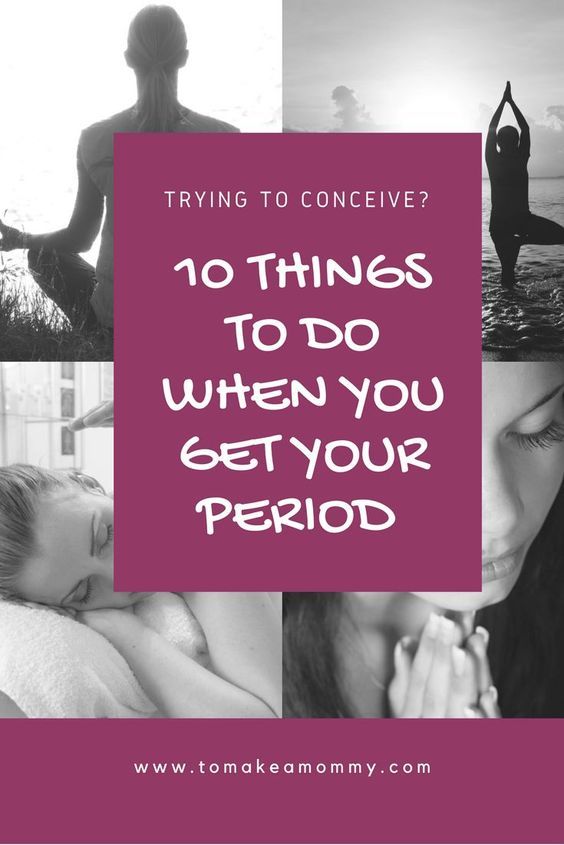 It's no surprise that many successful pregnancies have started during family vacations.
It's no surprise that many successful pregnancies have started during family vacations.
If less than 6-12 months have passed since the first attempt, you can try several "life hacks":
Choose the best time to conceive. According to some reports, the day of ovulation and 2-3 days before it are best suited for conception. To find out when ovulation occurs, a urinary express test for luteinizing hormone will help - a day or two before ovulation it will become positive. However, calculating the optimal time is not always the best option.
I always oppose the calculation of the optimal time for conception, because because of this, sex begins on a schedule in a couple's life, and this is one continuous stress. It seems to me that it is more reasonable to have sex 2-3 times a week during the entire cycle.
Kosolapova Inna Vladimirovna, gynecologist-reproductologist of the Fomina Clinic, chief physician
Do not use lubricants. Water-based, oil-based and silicone-based lubricants reduce sperm survival.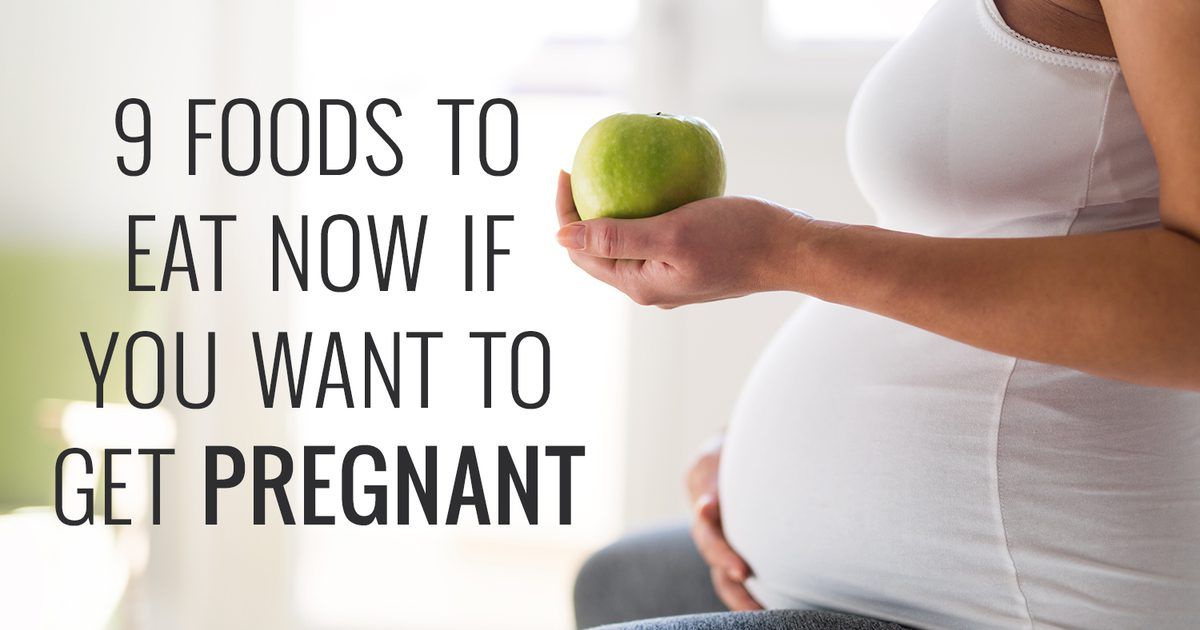 But lubricants based on hydroxyethylcellulose have less effect on sperm survival - so if there is a lack of lubrication, you can continue to use them.
But lubricants based on hydroxyethylcellulose have less effect on sperm survival - so if there is a lack of lubrication, you can continue to use them.
Stop dieting. Good nutrition is the key to a successful pregnancy. But don't overeat either. There is evidence that a body mass index (BMI) of 19 is ideal for pregnancy.-thirty. In women who have a BMI greater or less, the time to conception increases.
You can calculate your BMI manually by dividing your weight by your height squared. Alternatively, you can use the built-in calculator on the website of the medical organization, or download a special application.
Quit smoking and alcohol. Smoking increases the risk of infertility by 1.6 times. It is also better not to abuse alcohol - eat more than 20 grams of ethanol per day, the risks of "earning" infertility increase by 60%.
On the other hand, the position of the body during sex, based on the available data, does not affect the result in any way. The "missionary" position is suitable for conception just like any other.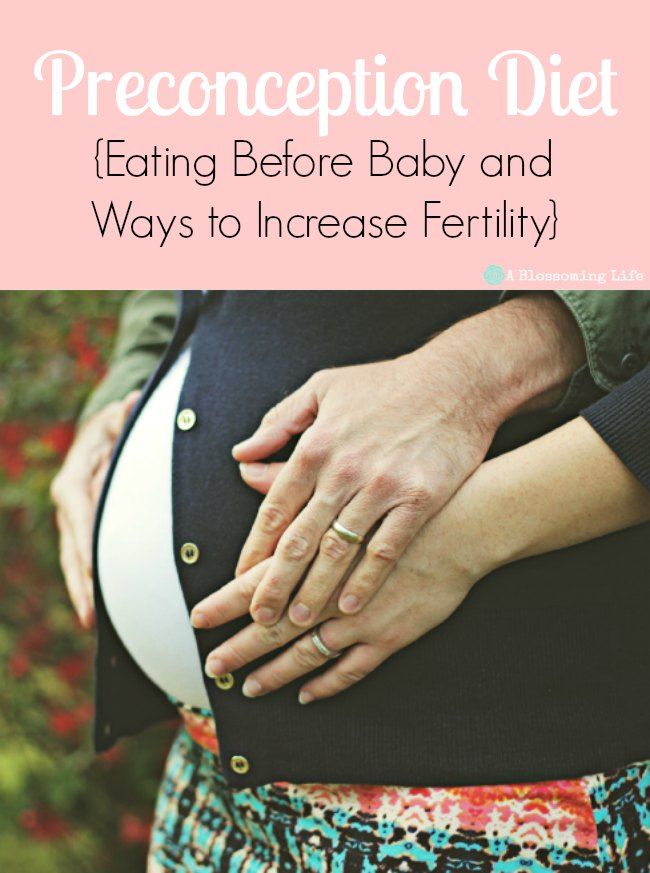
If more than a year has passed and nothing helps, it's time to see a doctor. The diagnosis of "infertility" has the right to make only an obstetrician-gynecologist (reproductologist).
It is important to understand that infertility is not only a woman's problem. According to statistics, in the absence of children in a third of cases, the mother is “to blame”, in a third - the father, and in another third of cases the cause of infertility cannot be established. This means that with the diagnosis of "infertility" it is necessary to examine both partners.
Male infertility is diagnosed by a urologist/andrologist. But if you go to a family planning center, a reproductologist can make a diagnosis.
Most often, female infertility is associated with problems in the reproductive system: in the ovaries, fallopian (or fallopian) tubes, through which the egg passes from the ovaries to the uterus, and in the uterus itself. To figure out what exactly “broke down” in the female reproductive system, the doctor will collect an anamnesis, carefully examine the patient and prescribe tests. We talk more about this in the article "Diagnostics of female infertility".
We talk more about this in the article "Diagnostics of female infertility".
Infertility is treated, and quite successfully — according to statistics, after diagnosis and therapy, children appear in 50% of women (without the use of assisted reproductive technologies: IVF, etc.). On the other hand, success depends on many factors, from the age and history of previous pregnancies to problems with the partner's sperm. Many factors influence the possibility of getting pregnant, so it can be difficult to predict the result.
If the problem is overweight or underweight, it is often enough to normalize the weight for a successful pregnancy. True, much more often the problem is associated with sex hormones - in this situation, the doctor will select the appropriate medication. And if the problem is in the obstruction of the fallopian tubes or in the uterus itself, surgery may be required.
In vitro fertilization (IVF) is available for patients for whom these treatments are not suitable or have not worked.
The essence of IVF is that the patient's ovaries are stimulated with the help of hormones, then the egg is taken and fertilized with the husband's sperm, then the embryo is "grown" for some time in a special incubator and transplanted into the mother's uterus. A baby is born in the same way as other children conceived "naturally".
In Russia, the IVF procedure can be done free of charge under the CHI policy. However, it is important to understand that this is a complex treatment method that requires serious preparation and gives the best result until the age of 40-45. It is difficult to predict how successful IVF will be. According to statistics, the procedure ends with the birth of a live and healthy baby in about 27% of cases.
At the same time, IVF success rates vary greatly not only in different countries, but also in different clinics in the same city. There are clinics in which in 30-40% of cases it is possible to achieve a positive result on the first try.
Very often, mothers are concerned about possible health problems that may occur in children conceived through IVF. But in recent times there has been much less cause for concern than 20 years ago.
When the method was first created, all viable embryos that were obtained after fertilization were placed into the uterus of mothers “just in case”. If everyone took root, the mother often gave birth to twins or triplets, and sometimes “quadruples”. It is much harder to bear several children than one - and after all, mothers already had problems with pregnancy, otherwise IVF would simply not have been required.
Today, the goal of the procedure is the birth of one healthy baby, so mothers transfer only one, maximum two of the best embryos. As a result, most children born after IVF do not differ much from their peers.
- Female infertility is as common as male infertility. If you can’t get pregnant within a year, you need to be examined, and sometimes treated together with your spouse.
